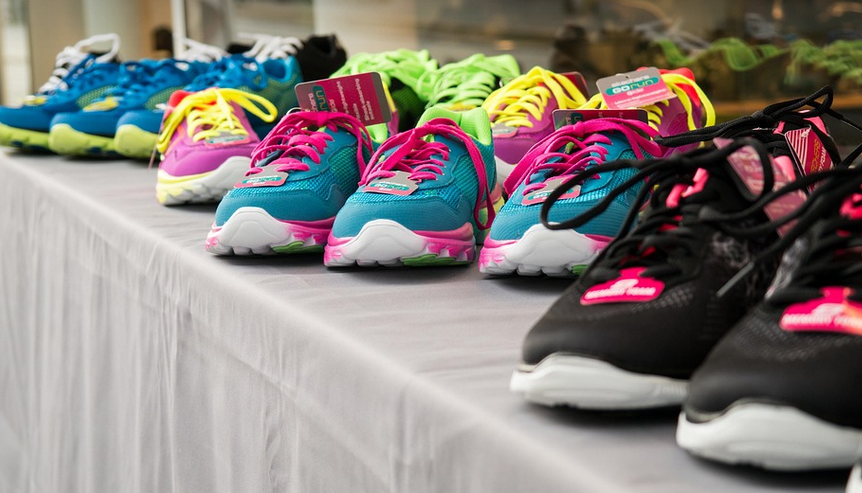What Makes a Cold Water Scuba Glove Different?
So, you’re thinking about hitting the water in 2024… and maybe that means diving into some truly chilly waves! Whether it’s a brisk morning dive on a frozen lake or exploring an underwater kelp forest in colder climes, cold water scuba gloves are essential for anyone who wants to stay warm and comfortable while exploring the depths.
While regular gloves might offer basic protection from the elements, they simply won’t cut it when you’re dealing with extreme temperatures. Cold water scuba gloves are specifically designed to withstand harsh conditions, offering a unique blend of warmth, dexterity, and functionality that separates them from everyday handwear.
The Anatomy of a Cold Water Scuba Glove: More Than Just a Warmth Package
Let’s delve deeper into the components that make cold water scuba gloves such remarkable tools for underwater adventurers.
**Waterproofing and Insulation:** These gloves are often lined with highly-performing waterproof and breathable materials, like neoprene or Gore-Tex, which prevent water penetration while allowing essential airflow. This creates a cozy barrier against harsh weather conditions without compromising your movement.
**Thermoregulation:** The magic of cold water diving gloves lies in their ability to regulate your body temperature efficiently. Think of them as an extension of your own body’s natural heat-control system. Some gloves feature extra-thick insulation layers, while others incorporate smart materials that automatically adjust to the changing environment.
**Seamless Construction:** Cold water scuba gloves are known for their streamlined construction and lack of bulk. This allows you to move freely underwater without feeling restricted or clumsy. Smooth seams and strategically placed rubberized patches offer added grip and flexibility, ensuring comfortable control of your dive equipment.
Why You Need Them: Beyond the Chill
The benefits go beyond simply staying warm; they provide a host of advantages that enhance your overall diving experience:
**Enhanced Safety:** These gloves act as an additional safety net, offering protection against cold water shock and preventing potential injuries. They can help prevent the onset of hypothermia or other complications by keeping your hands warm and protected.
**Improved Dexterity:** Cold weather can restrict movement and dexterity. Gloves with special fingertip designs enhance grip strength while allowing for precise control of dive-specific tools, like regulators and BCD inflators. This is especially important when maneuvering underwater currents or making intricate adjustments to your equipment.
**Comfort and Confidence:** The feeling of warmth and security provided by these gloves can boost your confidence and allow you to focus on the diving experience without distractions.
Choosing the Right Gloves: A Personal Journey
Finding the perfect pair of cold water scuba gloves is like finding the right fit for your dive suit. There are many options, each designed with specific features based on needs and priorities.
**Dive Style & Environment:** Consider the type of diving you’ll be doing—deep-sea exploration, recreational dives, or even ice swimming. This will help narrow down your choices.
**Water Temperature:** Some gloves are specifically designed for colder environments and can withstand subfreezing water temperatures. Others are ideal for milder conditions.
**Intended Use:** Will these gloves be used only for diving, or will you need them for other activities like casual outdoor wear? Certain gloves offer additional versatility with their design and materials.
**Budget Considerations:** Prices vary significantly. You can find budget-friendly options to high-performance premium models, so set a realistic budget before embarking on your glove shopping journey.
Taking Care of Your Gloves: A Little TLC Goes a Long Way
Cold water scuba gloves are built for durability but require proper care and maintenance to extend their lifespan. Here’s how to keep them looking and functioning at their best:
**Regular Cleaning:** After each dive, rinse your gloves with freshwater to remove salt and debris before storing them. If you’ve been out in the water, consider using a mild detergent solution for deeper cleaning. Always ensure proper ventilation when drying.
**Avoid Harsh Chemicals:** Don’t use bleach or other harsh chemicals as they can damage the gloves over time.
**Regular Inspection:** Check for signs of wear and tear, such as punctures, tears, or frayed seams. If necessary, replace damaged parts to maintain optimal performance.
Dive Deeper into Cold Water Adventure in 2024
With the right cold water scuba gloves, you’ll experience a whole new level of comfort and confidence while diving in less-than-ideal temperatures. This will allow you to dive deeper into your passion for exploration and connect with the underwater world in ways you never thought possible.
Remember, safety always comes first! Consult with your dive instructor or dive shop expert if unsure about choosing the right gloves for your needs.
